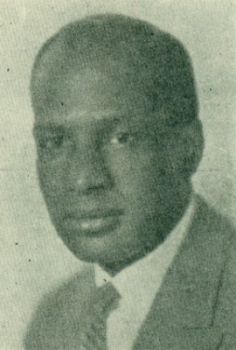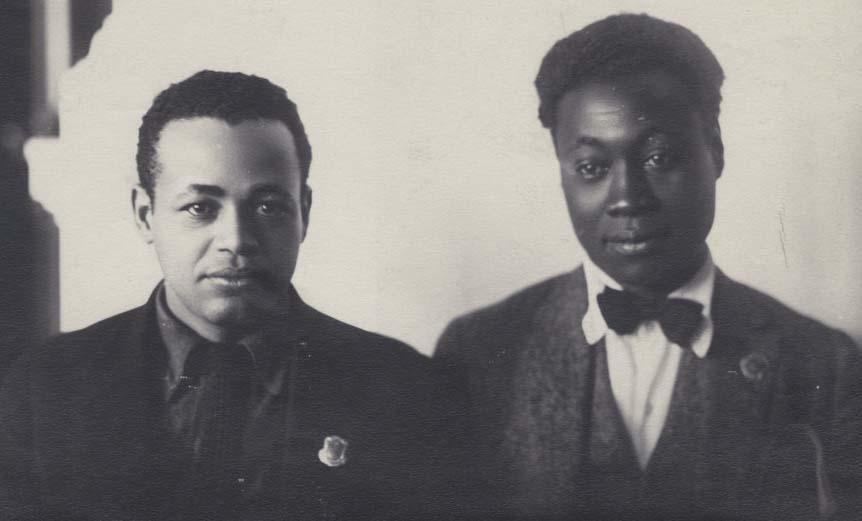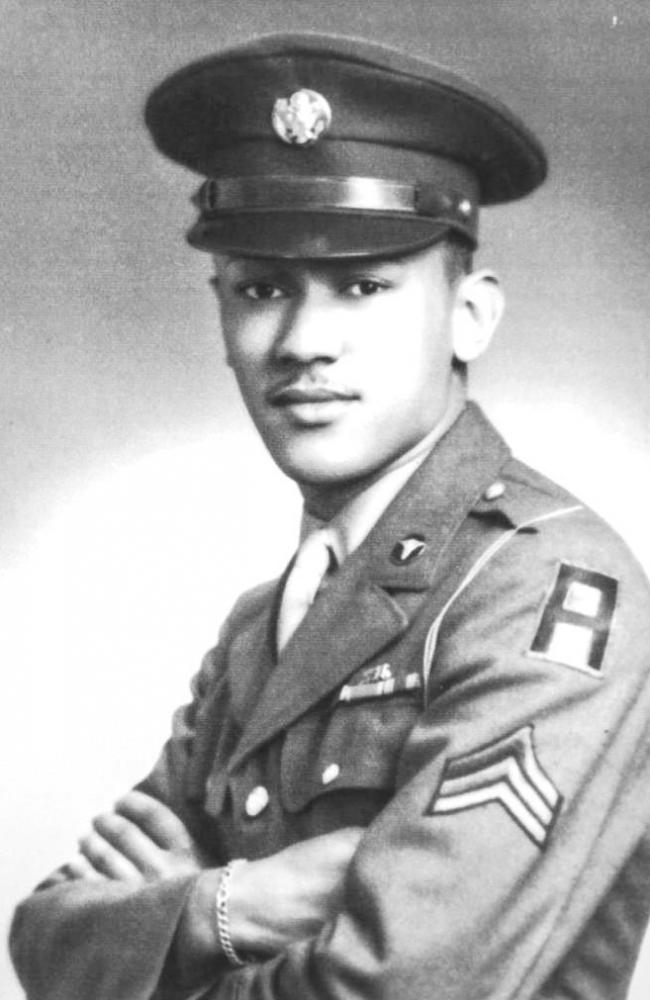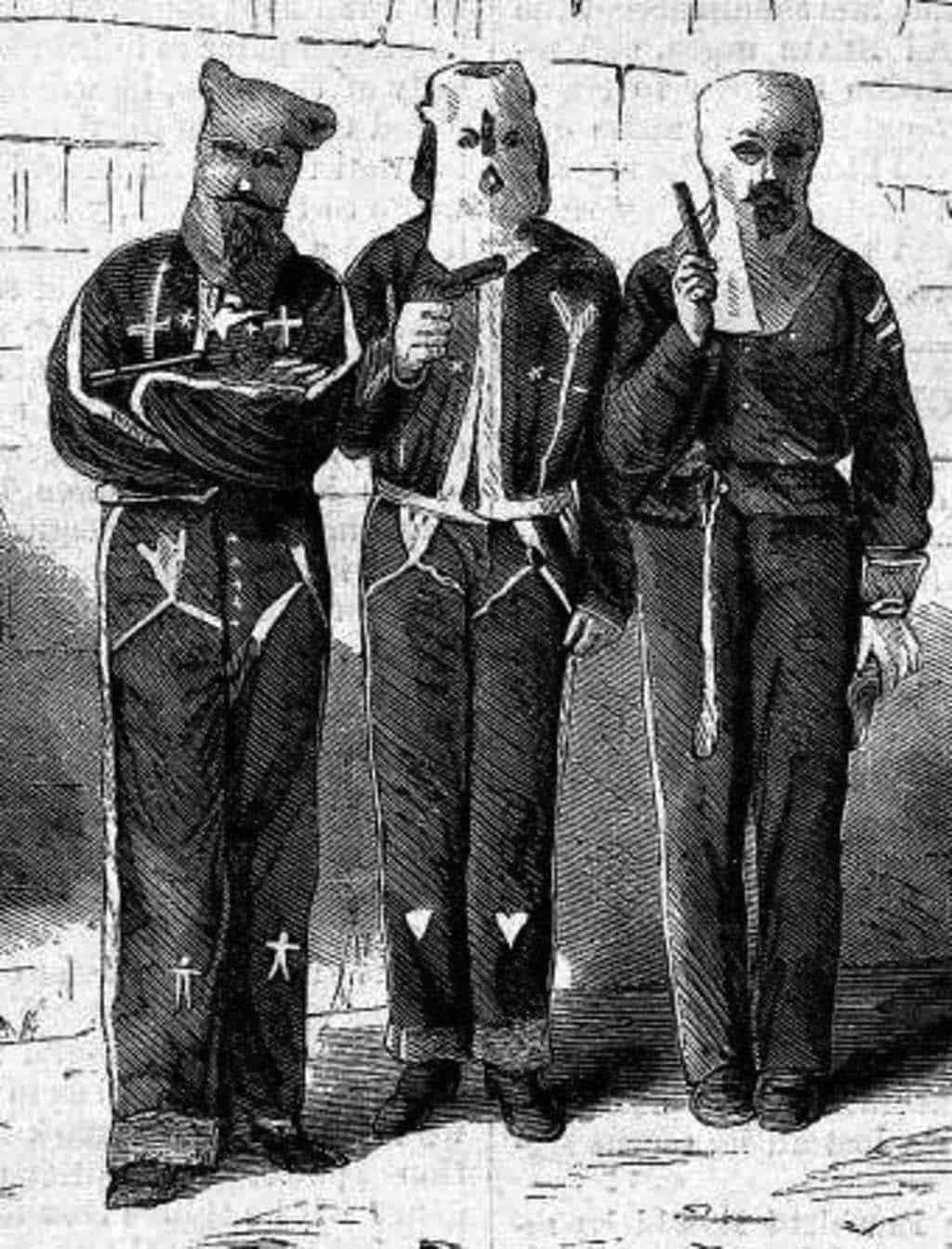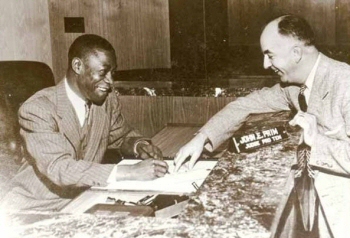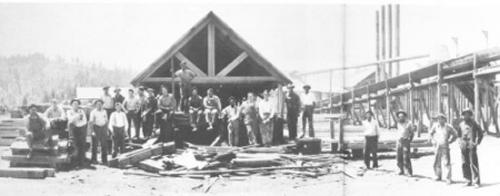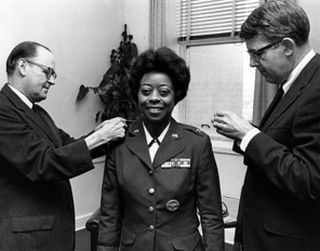A pioneer playwright and moralistic philosopher of constructive thinking, Garland Anderson was the first African American known to have a serious full-length drama produced on Broadway in New York. Active in the theatre for over 10 years during the 1920s and 1930s, he achieved national prominence as “the San Francisco Bellhop Playwright.”
Garland Anderson was born in Wichita, Kansas. He completed only four years of formal schooling before the family moved to California. Working as a bellhop in a San Francisco hotel, he often shared his optimistic philosophy of life with guests who encouraged him to write about his ideas. Anderson believed an individual might achieve anything in life through faith.
Anderson became a playwright after viewing a production of Channing Pollock’s moralistic drama The Fool. Anderson wrote his first play, Appearances (1924), in only three weeks, with no training in playwriting style or technique. Failing to find a producer, he personally raised $15,000 towards the production. Despite numerous obstacles, his play opened on Broadway in 1925 with the help and support of the actor Al Jolson and the President of the United States, Calvin Coolidge. The play Appearances was a courtroom drama about a bellboy on trial who was falsely accused of raping a white woman. Owing to the central character’s strong moral convictions, he was eventually exonerated.
Anderson spent the last period of his life lecturing on his beliefs about constructive thinking, on which he wrote a book titled Uncommon Sense (1933). Garland Anderson died in San Francisco in 1939.

